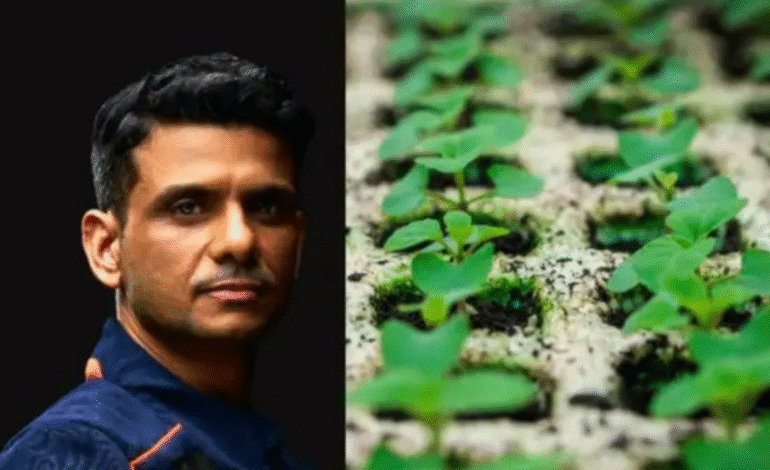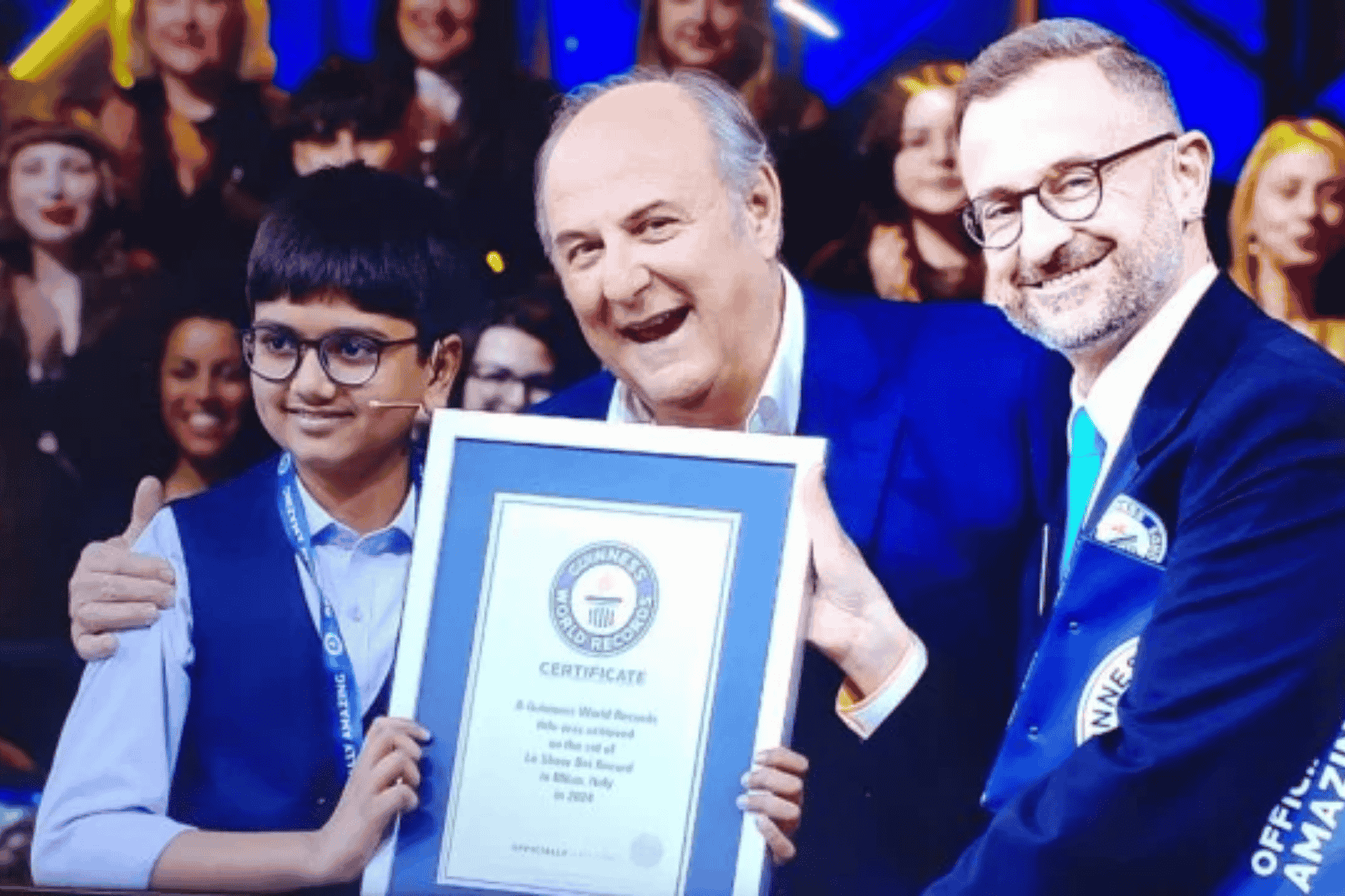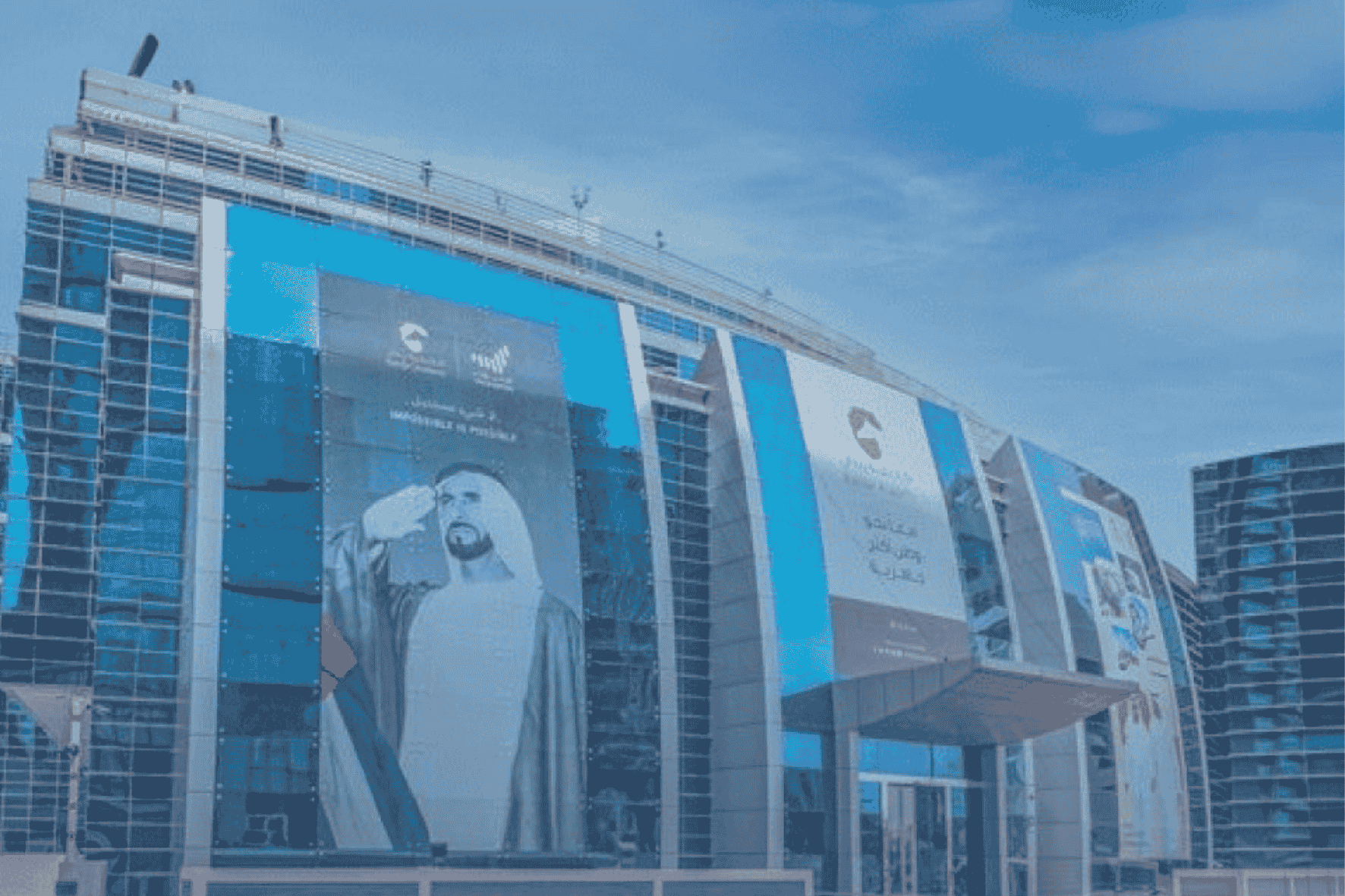ISRO Launches Space-Agriculture Course: Apply by July 11, 2025

The Indian Space Research Organisation (ISRO), in collaboration with IN-SPACe and leading academic partners, has announced a pioneering short-term course aimed at bridging two seemingly separate worlds space technology and agriculture. Set to run from July 27 to August 1, 2025, this intensive certification course, titled “Essentials of Space Technology in Agriculture,” will take place at Amity University, Noida. Registration is open until July 11, creating a sense of urgency for those eager to harness the power of satellites and remote sensing for transformative agricultural innovation.
This initiative highlights how cutting-edge space tools can be integrated into ground-level practices that influence food production, crop yield prediction, irrigation planning, and climate resilience. For anyone in the Middle East or globally looking to leap into the fusion of space and sustainability, this course signals a major opportunity.
What the Course Aims to Deliver: Agriculture Meets Satellite Intelligence
The objective of the ISRO-IN-SPACe certificate program is to demystify the use of space-based data, remote sensing tools, and satellite imagery in the field of agriculture. It will provide participants with a working knowledge of how these technologies are applied in crop monitoring, soil health assessment, disaster management, and weather forecasting for farming.
With a curriculum carefully curated by ISRO scientists, academic researchers, and space technology professionals, the course will include practical demonstrations and classroom instruction. Participants will explore Geographical Information Systems (GIS), Precision Farming, Yield Forecasting, and the real-time role of satellite data in farm decision-making.
The learning will culminate in a mandatory quiz on the final day, which is required to earn the official ISRO-IN-SPACe certificate of participation a valuable addition to any professional or academic resume, especially in the UAE and other innovation-driven economies.
Who Can Enroll: Open to Innovators, Excluding Final-Year Students
This six-day course has been designed for a broad group of stakeholders who intersect with agriculture and technology. Eligible participants include:
- Academicians and university faculty
- Industry professionals working in agri-tech, remote sensing, or environmental management
- Graduates and postgraduates interested in agri-research or space science applications
Researchers and data scientists dealing with satellite imagery or crop analytics
However, final-year students currently pursuing their degree will not be considered eligible. This eligibility filter ensures the participants already have foundational knowledge or experience, allowing the sessions to move into advanced applications and field-based insights without compromising engagement levels.
Given the UAE’s emphasis on smart farming, AI in agriculture, and food security, this course aligns directly with regional ambitions in tech-driven sustainability. For Middle Eastern entrepreneurs, this course can also offer deep exposure to India’s rapidly growing space-agri interface, which is a model worth emulating.
Course Duration, Venue, and Structure
The program will run from July 27 (Sunday) to August 1 (Friday), 2025, and will be held at the campus of Amity University, Noida, one of India’s prominent private academic institutions known for its space and environmental science collaborations.
The structure will include a mix of lectures, interactive case studies, lab demos, and project work, focused on:
- Basics of satellite communication
- Spatial data for agriculture
- Remote sensing technologies
- Ground-truth validation using drone technology
- Artificial Intelligence integration for crop forecasting
Sessions will be led by ISRO scientists, IN-SPACe experts, and senior academic figures who have worked with agencies like NASA, FAO, and ICAR. It’s expected that participants will leave not just with technical know-how, but also with actionable frameworks that can be applied across UAE farmlands and desert-based smart greenhouses.
Course Fee and Accommodation Options
The total course fee is ₹15,000 (approximately AED 660), which covers tuition and food expenses. For those requiring lodging, accommodation is available within the Amity campus itself for an additional fee of ₹900 per day (around AED 40).
Considering the convenience and the intensive nature of the course, many outstation and international participants are likely to opt for this residential setup. Participants will also receive access to ISRO’s digital repositories and research tools during the course period.
Payment for the course must be made via the official Indian government payment portal BharatKosh.gov.in. Once the payment is completed, applicants can proceed to register on the IN-SPACe portal.
How to Apply for the Course: Step-by-Step Registration
Applicants need to complete a two-step process before July 11:
- Make the Course Fee Payment
Go to BharatKosh.gov.in, navigate to “Quick Payment,” choose “ISRO/IN-SPACe” as the ministry, and pay ₹15,000.
- Registration at IN-SPACe Portal
Visit inspace.gov.in, log in or sign up, and go to:
Opportunities → Explore the Opportunities → Register for Short-Term Course on Essentials of Space Technology in Agriculture.
Upload the payment receipt, fill out the form with details, and submit.
A confirmation email will be shared with selected candidates, along with logistics details and reading material before the course commences.
Why This Matters for the Middle East: Cross-Regional Impact
The relevance of this program goes beyond India’s borders. For countries in the Middle East, especially in the UAE, Saudi Arabia, and Qatar, where climate change, desertification, and water scarcity directly impact agriculture, integrating space-based monitoring systems is critical.
Programs like this could become foundational for future UAE-India agricultural-tech collaborations, satellite data exchange, and mutual innovation. With Abu Dhabi’s AgTech Park, Dubai’s Food Tech Valley, and Sharjah’s Research and Technology Innovation Park already active, there’s tremendous potential for synergy with ISRO’s initiatives.
In fact, ISRO’s satellite archives and its open-data policy offer a cost-effective route for UAE’s startups and researchers to explore Indian datasets to analyze crop health patterns, heat wave impacts, and rainfall mapping essential for planning in arid zones.
ISRO and IN-SPACe: Catalysts of India’s Space-Agri Fusion
While ISRO has been known worldwide for its lunar missions and satellite launches, its earth observation programs are now emerging as equally transformative. Under IN-SPACe, the agency has adopted a more inclusive and privatized approach opening up its data, infrastructure, and expertise to the private sector and global institutions.
This short-term course is one of many initiatives under ISRO’s new outreach drive. It reflects a broader strategy to:
- Democratize space knowledge
- Connect grassroots farming to futuristic technologies
- Inspire cross-border collaboration in climate resilience and food sustainability
For those in UAE, it’s not just a learning opportunity but also a bridge toward long-term partnerships with India’s scientific ecosystem.
Certification, Evaluation, and Future Prospects
All participants will be evaluated through a mandatory quiz on the final day. The assessment will cover key modules taught during the course. Only those who pass the quiz will receive the official certificate jointly issued by ISRO, IN-SPACe, and Amity University.
This certification could serve as a significant credential in career advancement especially for professionals working in agriculture ministries, food tech startups, drone mapping companies, or international development agencies in the Middle East.
A Rare Gateway to Space-Aided Agricultural Innovation
At a time when food security and climate adaptation are urgent global challenges, ISRO’s move to educate the next generation of agri-tech leaders with space knowledge is visionary.
This course is more than academic learning it’s a launchpad for transformation. It offers new ways of thinking about farming as a data-driven science, and invites professionals from across the world, including the UAE, to be part of a global solution movement.
With the deadline of July 11 approaching fast, this is a not-to-miss opportunity for innovators, technocrats, and agricultural thinkers to align their mission with one of the world’s most respected space agencies.







